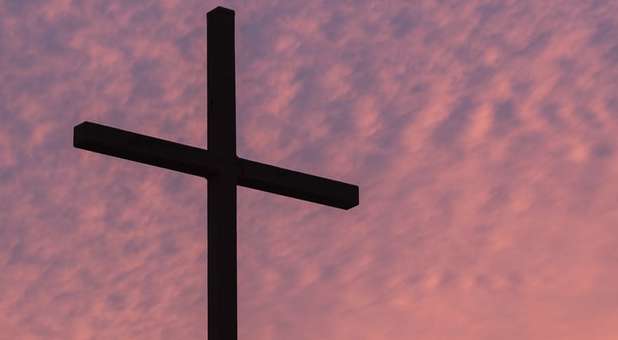Holidays are often marked with family tradition. At Thanksgiving, we remember the blessings we have experienced, and express our thankfulness for whatever situation we find ourselves in. At Christmas, we remember the birth of Christ by gathering with family and giving gifts like the wise men gave to Mary and Joseph. At Easter, we celebrate by dyeing eggs and hiding them as a symbol of the tomb and new life.
The earliest recorded Easter celebration happened around the second century, though there were likely unofficially recognized remembrances of Jesus’ resurrection occurring earlier. Like other holidays, Easter has many customs or traditions that have become a part of the holiday over the years. Some of these customs differ in regions and among various Christian traditions. However, across all these traditions, the reason for Easter celebration has one thing in common: the resurrection of Christ, which is the foundation for all Christianity.
As Easter approaches, I took the opportunity a few nights ago to read some Scripture to my oldest son, who is 8 years old. As we read, he asked several probing questions, which led us into a discussion on the celebration of Passover (Ex. 12:1-32) and the ancient Judaic sacrificial system. His questions persisted.
“Daddy, if people sin, why did God require animal sacrifices and not the people who sinned?”
I paused for a moment, praying frantically for the Spirit to guide my answer to this young mind.
I continued by explaining how God made animals out of His imagination, but humankind was made in His own image. As the conversation continued to unfold, it presented an opportunity to recount for humankind’s fallen nature as told in the narrative of the fall in Genesis 3 and the first glimmer of the redemption story. The consequences of sin renders it impossible for humankind to satisfy the wrath of God. The image of God cannot satisfy the wrath of God; only the fullness of God can.
This leads us to the week of Passover when Jesus was crucified. However, we do not celebrate Easter as a remembrance of the death of Christ, because his story did not end there, rather the resurrection of Christ and the hope and redemption it brings for humankind.
Twice in the book of Ezekiel we are told that God does not “pleasure in the death of the wicked, but rather that the wicked turn from his way and live.” (See Ezek. 18:23b and 33:11b.)
This is why we celebrate Easter.
Christ, the perfect, spotless Lamb of God came to redeem humankind to himself.
“But God shows his love for us in that while we were still sinners, Christ died for us. Since, therefore, we have now been justified by his blood, much more shall we be saved by him from the wrath of God. For if while we were enemies we were reconciled to God by the death of his Son, much more, now that we are reconciled, shall we be saved by his life. More than that, we also rejoice in God through our Lord Jesus Christ, through whom we have now received reconciliation” (Rom. 5:8-11, ESV).
This is why we celebrate Easter, but it does not stop there.
In 1 John 4, the apostle urges us to demonstrate the love that God has shown us to others.
“Beloved, let us love one another, for love is from God, and whoever loves has been born of God and knows God. [8] Anyone who does not love does not know God, because God is love. [9] In this the love of God was made manifest among us, that God sent his only Son into the world, so that we might live through him. [10] In this is love, not that we have loved God but that he loved us and sent his Son to be the propitiation for our sins. [11] Beloved, if God so loved us, we also ought to love one another” (1 John 4:7-11)
Therefore, Easter is a time of remembrance, a time of celebration and an example for us. We should remember the depth of the love of Christ as an example for us to demonstrate to others. So, as we celebrate this Holy Week, we remember how the wrath of God passed over the Israelites in Egypt, and remember that “In Him [Jesus] we have redemption through His blood and the forgiveness of sins” (Eph. 1:7b, MEV). That we may “know the power of his resurrection” (Phil. 3:10b, NIV). That we may love one another because Christ first loved us (1 John 4:19). {eoa}
This article originally appeared at medishare.com.
Stephen Myers, his wife Leslie, and their four sons live in Palm Bay, Florida. A native of West Texas, Stephen followed God’s call on his life to study to become a ministry leader at Liberty University in Lynchburg, Virginia. Stephen oversaw the campus-wide prayer and life group ministry with over 1,300 small group leaders as well as the residence life program. In 2018, God brought Stephen and his family to Brevard County with the goal of planting a church. Stephen currently works as the director of ministry outreach and oversees the national outreach program at Christian Care Ministry.
Read articles like this one and other Spirit-led content in our new platform, CHARISMA PLUS.












































